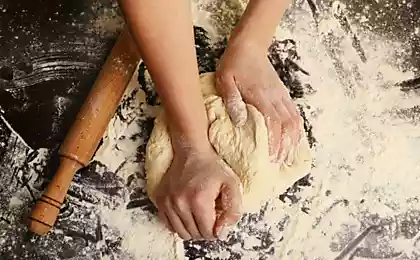178
Why Soviet bread tasted better than what we eat in stores
“Bread is the head of everything,” says a popular proverb. We believe that this is true, but there are also nuances. What is he like? bread? A modern loaf, with various additives or, perhaps, a bun of an overseas burger, familiar to the whole modern world? Some people think neither.
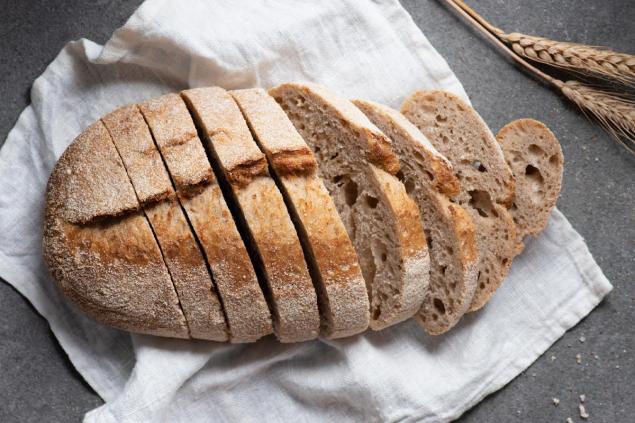
With nostalgia remember bread from the 80s, when bread pulp had its own recognizable taste and smell. When, leaving the bakery, an ordinary citizen felt his mood instantly improved and wanted to just come home and enjoy a simple sandwich or other simple dish, with a grain of bread in the bite.
Good quality bread, so why is it this way? We think the answer to this question consists of only four capital letters. Guest. About 40 years ago, the state had a strict framework for putting freshly prepared bread on the shelves of bakeries. By the way, yes. Now this product is not sold in specialized stores. Quality is gone, and with it respect.
Earlier, according to GOST, bakery products had to be prepared from flour of the 4th or 5th class with a small proportion of gluten in it. The bread was made worse from third-grade flour. This is it. gluten. In the flour of the 5th grade it was not at all, and in the 3rd grade its quantity was already abundant.
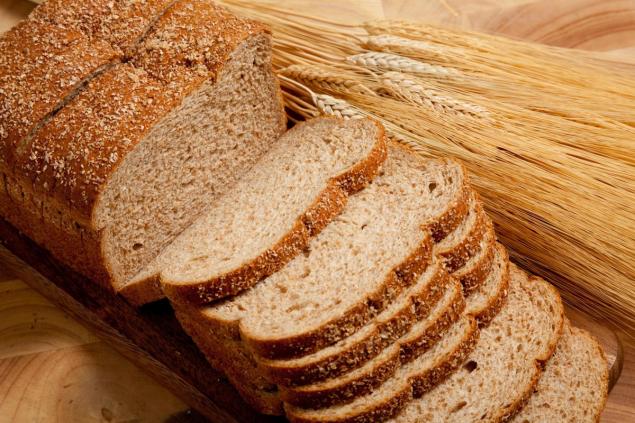
It turns out that some loaves could be stored at home for at least a week. Now a loaf of bread does not reach three days. It either stale or moldy. In any case, you will not get any benefit or pleasure from the taste.
Ironically, modern bakery production does not cope with the selection of quality ingredients. In particular, water and yeast. Modern water is not high quality compared to previous years (hello, cancellation of GOST). And yeast is generally purchased from neighboring countries.
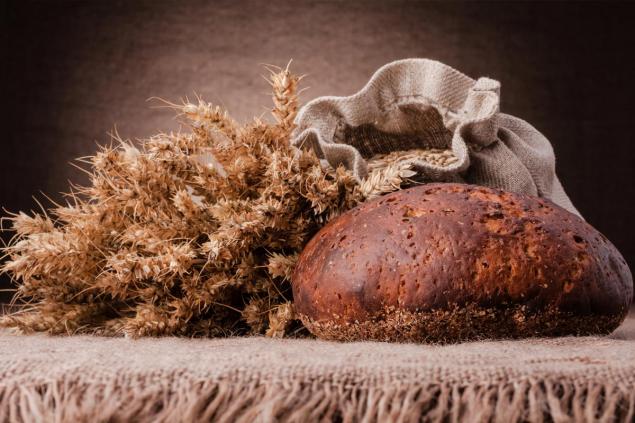
Fast-acting yeast greatly accelerates the process of dough formation, but in this way bakers sacrifice quality again. There is a huge risk of gaining excess weight from the constant use of such products, and accordingly, oppression. metabolism human. But that's not all.
If there used to be a single standard for the weight of every loaf of bread, now there is no standard. Buyers are only given the opportunity to visually select goods. Roughly speaking, the larger the volume, the more expensive. Therefore, the cunning manufacturers went to the trick: they began to add to flour. baking. Have you ever bought a bun and it's inside like a sponge, 90% out of thin air? This is baking powder work.
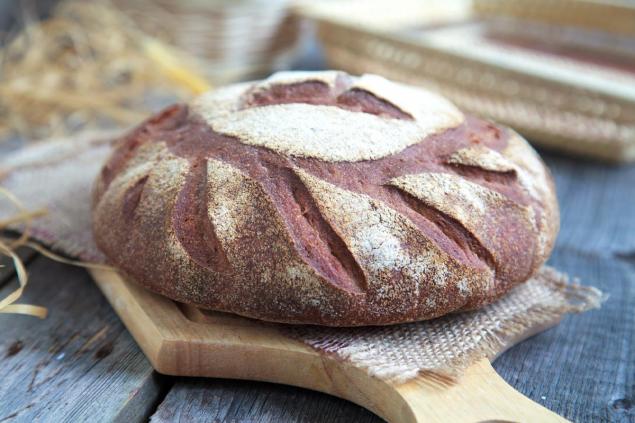
Last but not least, an important argument.Additives. Few people know, but earlier it was customary to add vitamins, proteins and other trace elements to bread dough. All in order for the health of a working person to strengthen even from such a basic product. There is no such thing now and it is unlikely to be. It's just not profitable.
Even if you cut off the very manufacture of bread products, there is another thing. Previously, bread was bought only in specialized stores. And then there were uniform standards for how much the product could stand on the shelves. Now, for example, bread is very rare when there is a pointer to what date it is fit for use. You can even find a loaf or two with mold at the purchase stage.
Irresponsible attitude from the beginning of manufacture to the moment of implementation is the cause of all ills. Manufacturers need to make their products faster and at minimal cost. It is profitable for sellers to sell it with the highest margin. No one is thinking about the end user. The right bread? I beg you!
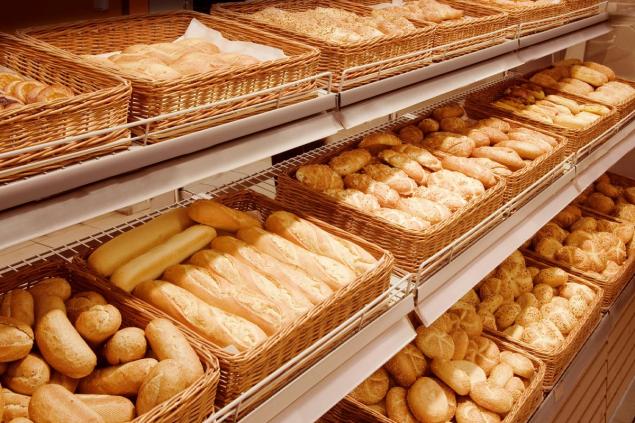
No, today there are shops that boast excellent assortment, quality and wonderful, responsive sellers. But the goods will cost several times more there. It turns out that bread with proper quality has ceased to be a basic commodity, which, despite everything, is always at home.
In the end, I would like to remember why our people have such a tender attitude to bread. They say that bread should not be thrown away. The thing is, all of history, we've been saved by ears. Wheat or rye doesn’t matter if you’re hungry. For the same reasons, in the West, bread is treated rather coldly and without unnecessary emotions. They didn't have that experience.
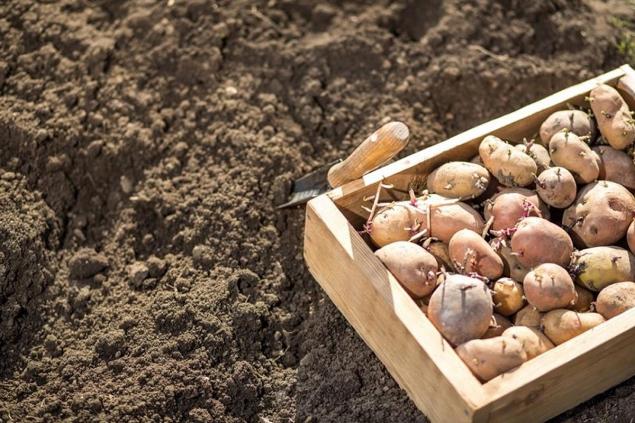
What's interesting is that there's a people for whom an ordinary potato is a fresh loaf. You know who we mean? Maybe, but we're talking about the Irish. This people in its history has known the famine years many times, but the well-known root crop has repeatedly saved it. Therefore, the Irish know hundreds of dishes from potatoes and even make strong drinks from them. That's an interesting fact!

With nostalgia remember bread from the 80s, when bread pulp had its own recognizable taste and smell. When, leaving the bakery, an ordinary citizen felt his mood instantly improved and wanted to just come home and enjoy a simple sandwich or other simple dish, with a grain of bread in the bite.
Good quality bread, so why is it this way? We think the answer to this question consists of only four capital letters. Guest. About 40 years ago, the state had a strict framework for putting freshly prepared bread on the shelves of bakeries. By the way, yes. Now this product is not sold in specialized stores. Quality is gone, and with it respect.
Earlier, according to GOST, bakery products had to be prepared from flour of the 4th or 5th class with a small proportion of gluten in it. The bread was made worse from third-grade flour. This is it. gluten. In the flour of the 5th grade it was not at all, and in the 3rd grade its quantity was already abundant.

It turns out that some loaves could be stored at home for at least a week. Now a loaf of bread does not reach three days. It either stale or moldy. In any case, you will not get any benefit or pleasure from the taste.
Ironically, modern bakery production does not cope with the selection of quality ingredients. In particular, water and yeast. Modern water is not high quality compared to previous years (hello, cancellation of GOST). And yeast is generally purchased from neighboring countries.

Fast-acting yeast greatly accelerates the process of dough formation, but in this way bakers sacrifice quality again. There is a huge risk of gaining excess weight from the constant use of such products, and accordingly, oppression. metabolism human. But that's not all.
If there used to be a single standard for the weight of every loaf of bread, now there is no standard. Buyers are only given the opportunity to visually select goods. Roughly speaking, the larger the volume, the more expensive. Therefore, the cunning manufacturers went to the trick: they began to add to flour. baking. Have you ever bought a bun and it's inside like a sponge, 90% out of thin air? This is baking powder work.

Last but not least, an important argument.Additives. Few people know, but earlier it was customary to add vitamins, proteins and other trace elements to bread dough. All in order for the health of a working person to strengthen even from such a basic product. There is no such thing now and it is unlikely to be. It's just not profitable.
Even if you cut off the very manufacture of bread products, there is another thing. Previously, bread was bought only in specialized stores. And then there were uniform standards for how much the product could stand on the shelves. Now, for example, bread is very rare when there is a pointer to what date it is fit for use. You can even find a loaf or two with mold at the purchase stage.
Irresponsible attitude from the beginning of manufacture to the moment of implementation is the cause of all ills. Manufacturers need to make their products faster and at minimal cost. It is profitable for sellers to sell it with the highest margin. No one is thinking about the end user. The right bread? I beg you!

No, today there are shops that boast excellent assortment, quality and wonderful, responsive sellers. But the goods will cost several times more there. It turns out that bread with proper quality has ceased to be a basic commodity, which, despite everything, is always at home.
In the end, I would like to remember why our people have such a tender attitude to bread. They say that bread should not be thrown away. The thing is, all of history, we've been saved by ears. Wheat or rye doesn’t matter if you’re hungry. For the same reasons, in the West, bread is treated rather coldly and without unnecessary emotions. They didn't have that experience.

What's interesting is that there's a people for whom an ordinary potato is a fresh loaf. You know who we mean? Maybe, but we're talking about the Irish. This people in its history has known the famine years many times, but the well-known root crop has repeatedly saved it. Therefore, the Irish know hundreds of dishes from potatoes and even make strong drinks from them. That's an interesting fact!
Why do women increase their lips?
Failure in life means dreaming that everything will change, but doing nothing about it.

















